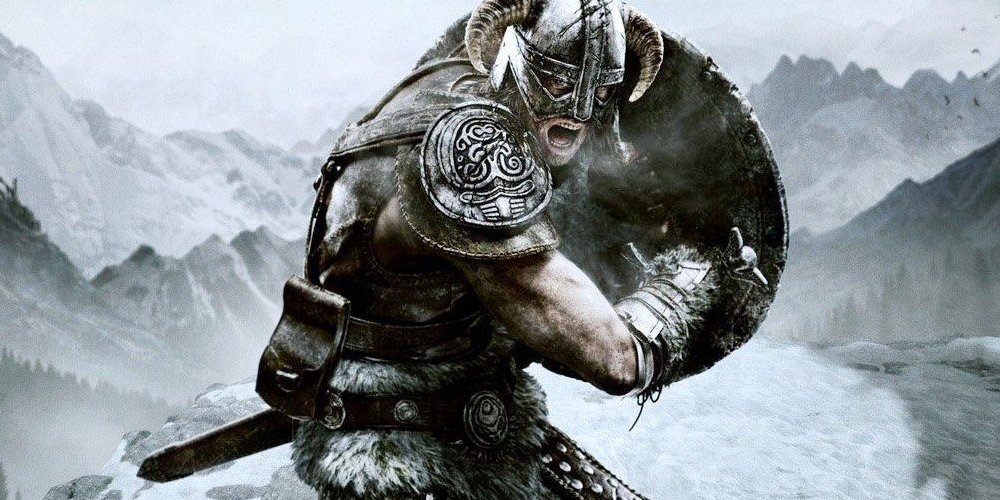

"Skyrim does that, it has a flow and a vibe where whoever you are, if you like games at all, there's something for you. "The thing video games are best at is putting people in a world and saying, 'What would you do here?' and then having the world react to it," says Howard.
ELDER SCROLLS STARFIELD SERIES
Game of Thrones' first series aired in the same year, so fantasy was very much part of the zeitgeist, and Skyrim could offer something that Westeros could not. He also suggests it tapped into a wider trend.

And the platforms had matured by then so the amount of people that had access to the game. We were really honing what we'd been doing. "It was our third go around in that hardware cycle. "If I could answer that, it would be easy to do it time and time again," says Howard. Celebrating its tenth anniversary next year, it drew in millions of players in a way none of the previous entries had managed. It's the fifth Elder Scrolls, Skyrim, that stands as Howard's crowning achievement and the most successful Bethesda game to date. "We did not expect the success that one had either - Oblivion just became this lightning rod for next-generation gaming at the time," he says. "We felt the company was going to go out of business, so when we had a chance to make Morrowind, we were like 'What's the worst that's going to happen?'" And while he disagrees there was more pressure on the sequel to Morrowind, he does admit the team took "more calculated risks with Oblivion." While most publishers would immediately leap onto a sequel, Howard says his team was given the luxury of a four-year development cycle in order to take advantage of the then-next-gen hardware. Morrowind was a gamble for Bethesda, but Oblivion was a big bet in its own way.
ELDER SCROLLS STARFIELD PS3
Its success allowed the company to invest more into Oblivion, branching out with a PS3 version as well, and even helped it acquire the Fallout licence (more on that later). It worked out better than we could have imagined."Ĭrucially, Morrowind introduced Bethesda games to console owners via the Xbox version and demonstrated there was demand for those experiences on such platforms. We felt the company was going to go out of business, so when we had a chance to make Morrowind, we were like 'What's the worst that's going to happen?' We took a few more risks and if it hadn't worked out, I don't know that we'd be here. "We'd made some bad games, we made some mistakes and the development team probably went down to six people," he says. But it was Morrowind that was "the beginning of the Bethesda people know today" - and essentially saved the company. He points to old reviews for Arena and Daggerfall, which would praise the sense of freedom and the breadth of the game world - sentiments Bethesda continues to target with each new Elder Scrolls. "Even though the scale has increased, what we were doing in comparison to other games really hasn't." "Certain things can seem primitive through the lens of time and technology but we were doing similar things to what we're doing now, believe it or not," he says. While neither title seems as accomplished as the likes of Morrowind or Skyrim by today's standards, Todd says they were ambitious for their time and started an ethos he and his team still follow today. While Arena established the world of Tamriel, Daggerfall introduced the 'use skills to improve them' progression system. He then moved onto Daggerfall full-time, where the team refined the Elder Scrolls formula still used today. Howard's first experience with Bethesda's flagship series was assisting with the CD-ROM version of its first entry Arena, having already launched on floppy disks (remember those?). We already spoke to him last week, where he told us the next generation is all about access, and now we present the highlights from today's keynote. Today's keynote fireside chat as part of the Develop:Brighton online conference - hosted by myself on behalf of - explored Howard's career and the challenges of the games he has worked on. The story of Todd Howard is largely the story of Bethesda - if not the Softworks publishing side, then certainly the Game Studios development team behind the company's biggest games.


 0 kommentar(er)
0 kommentar(er)
